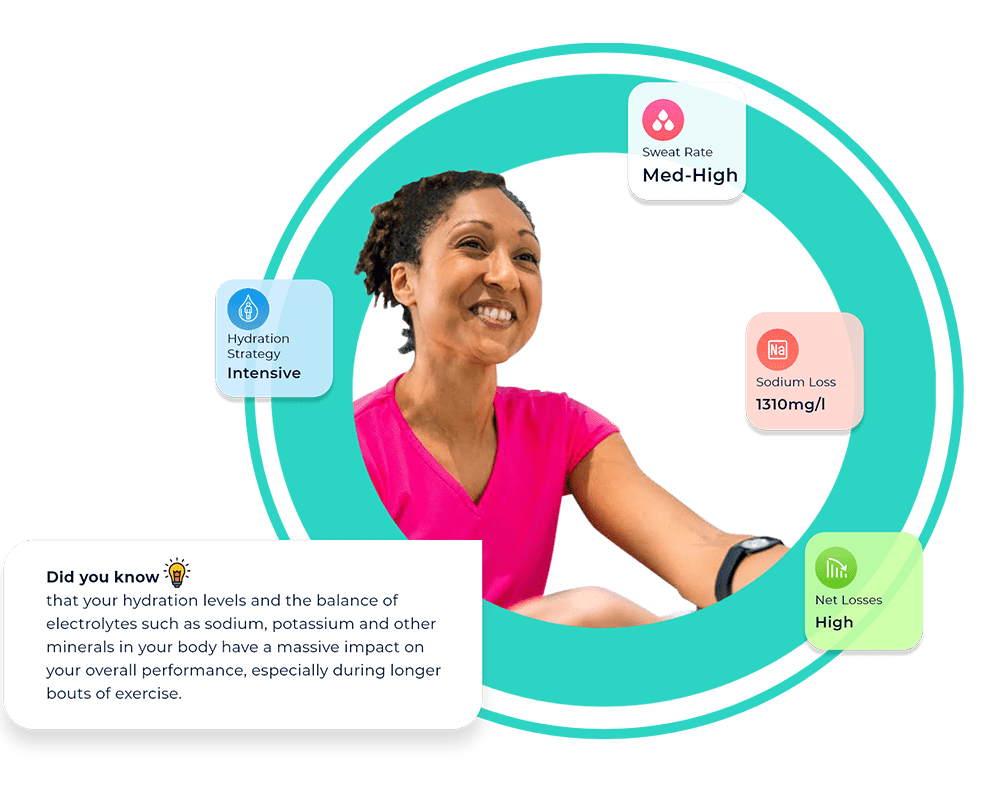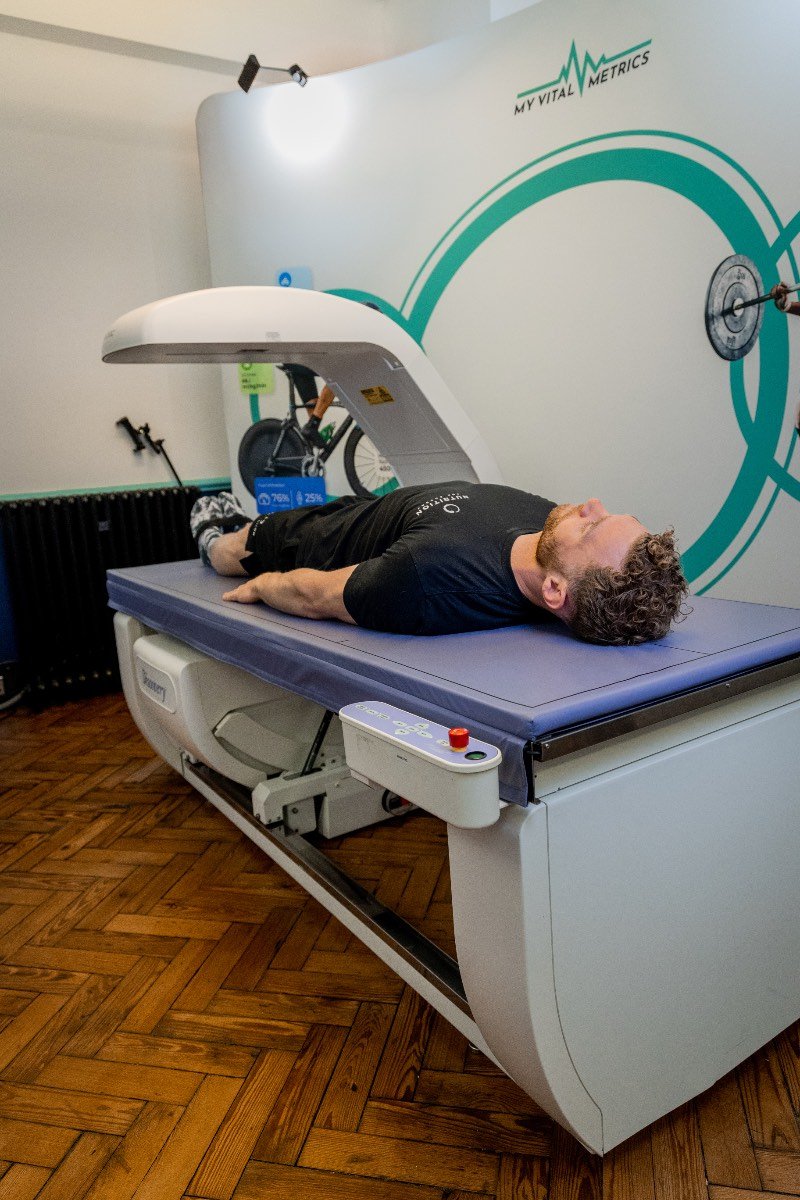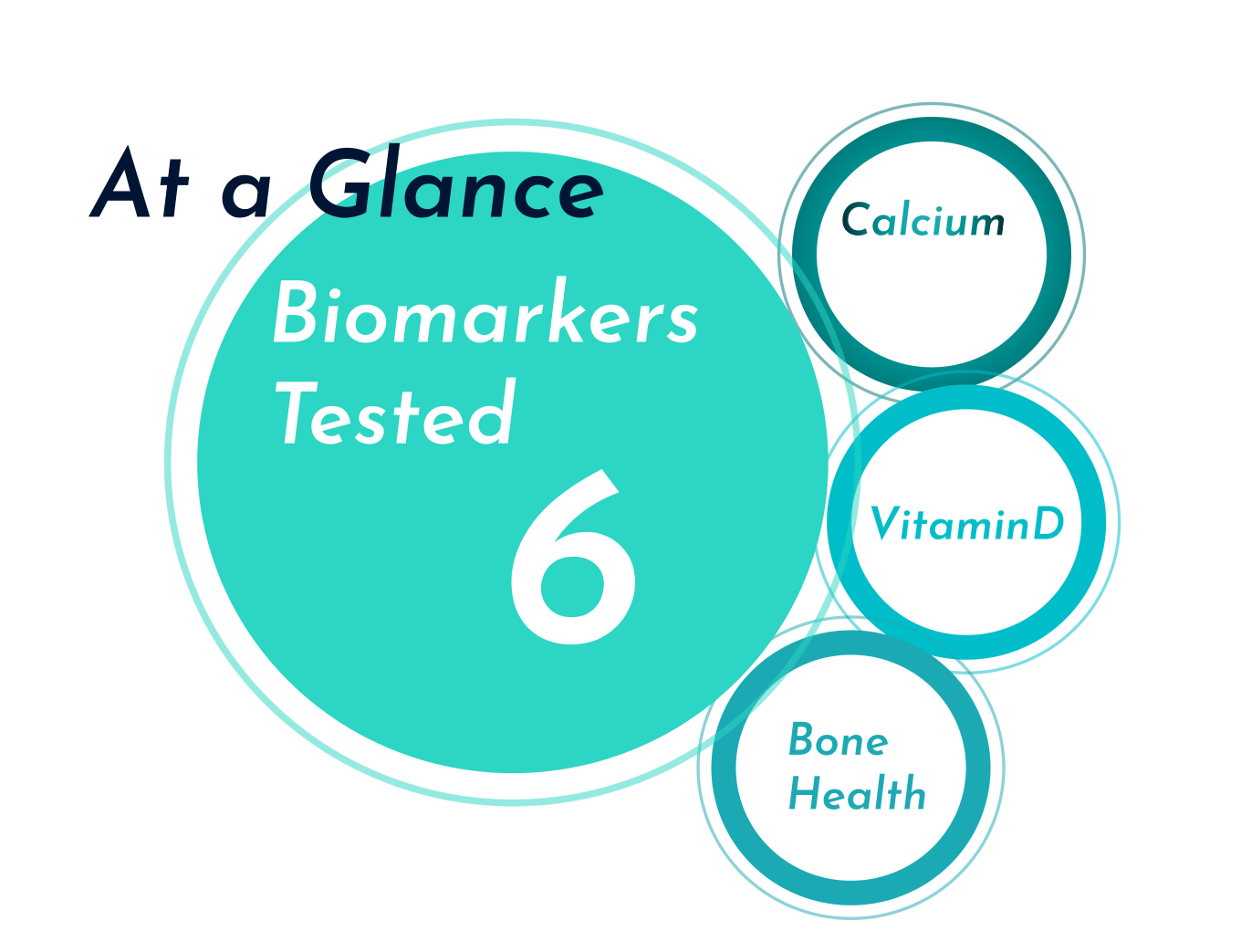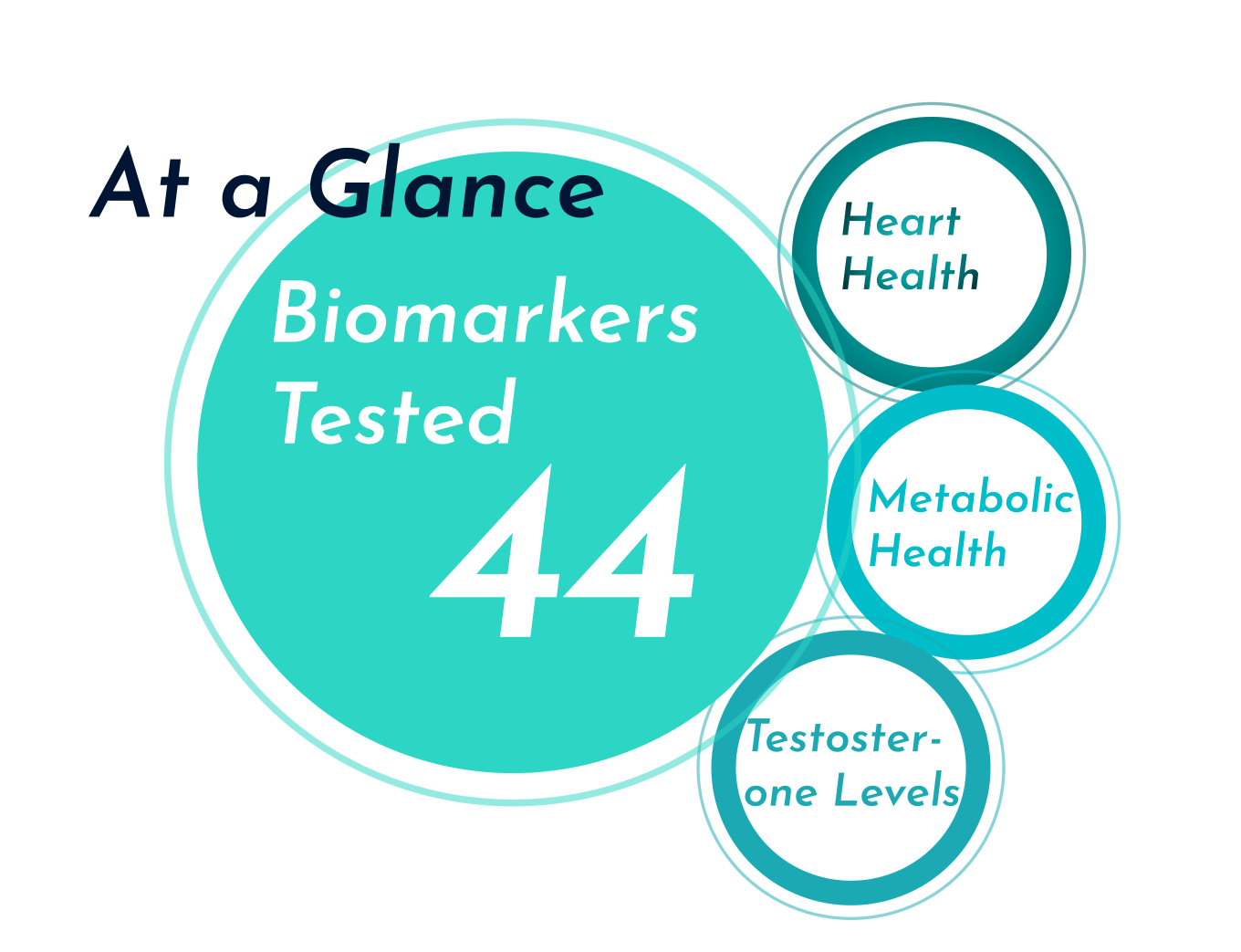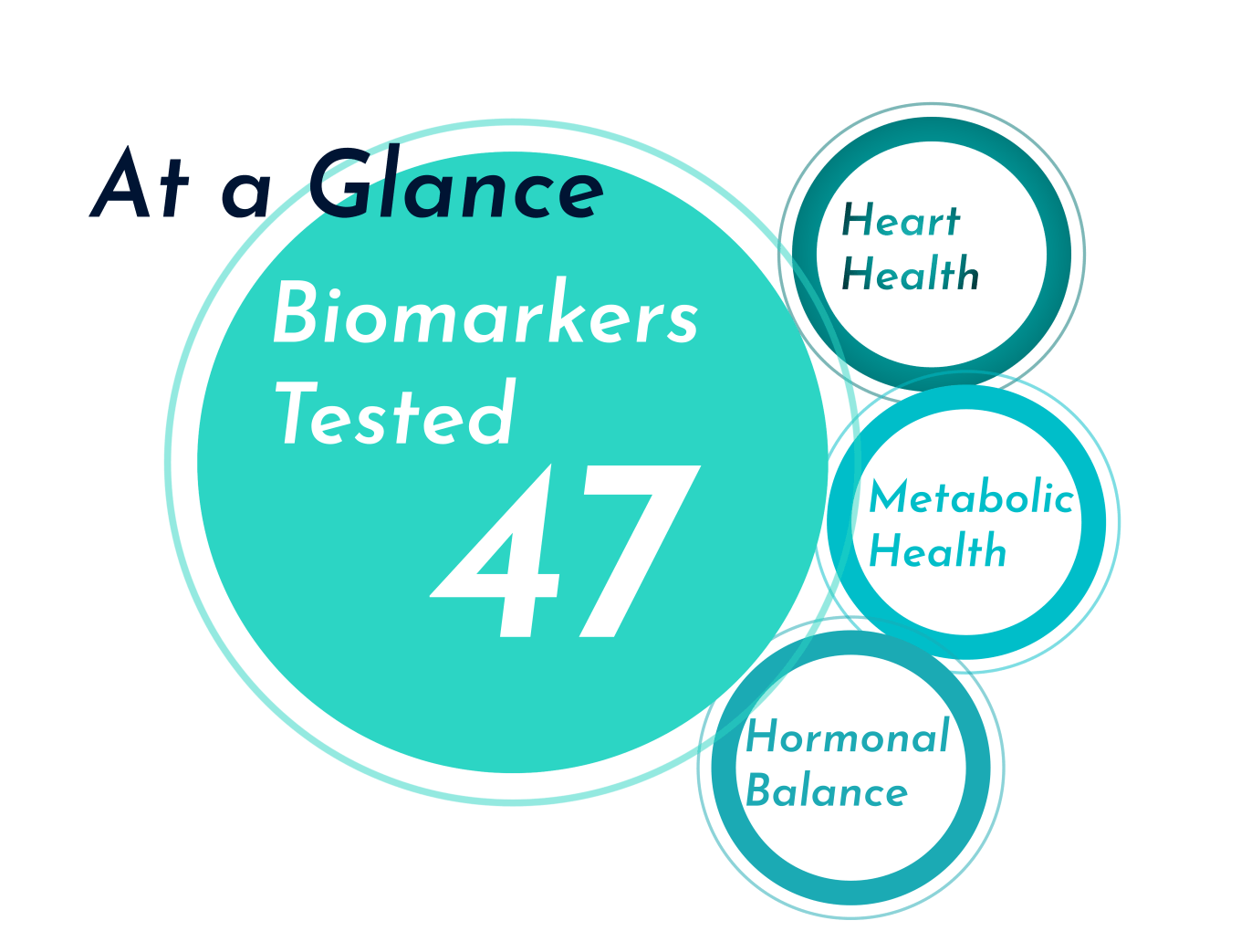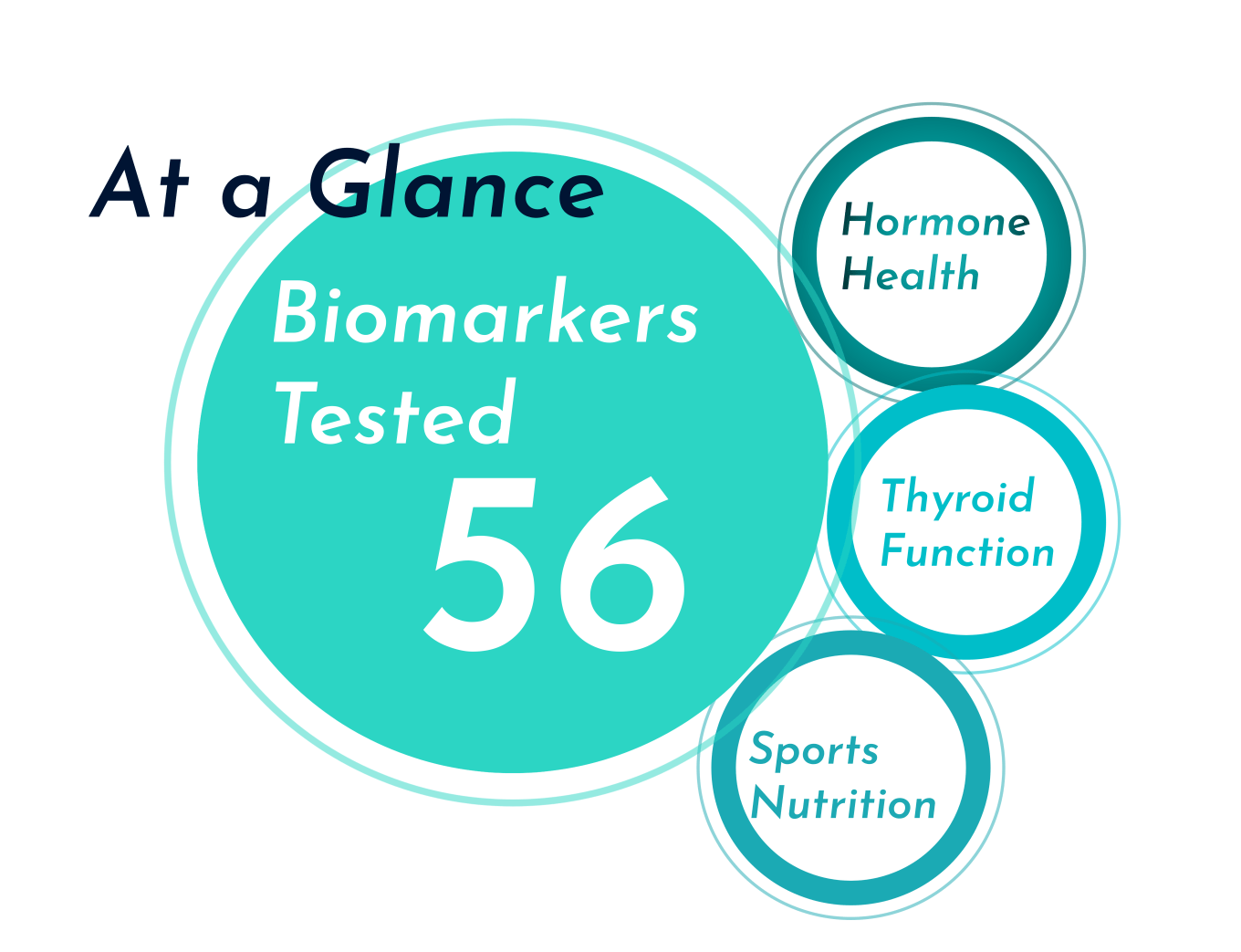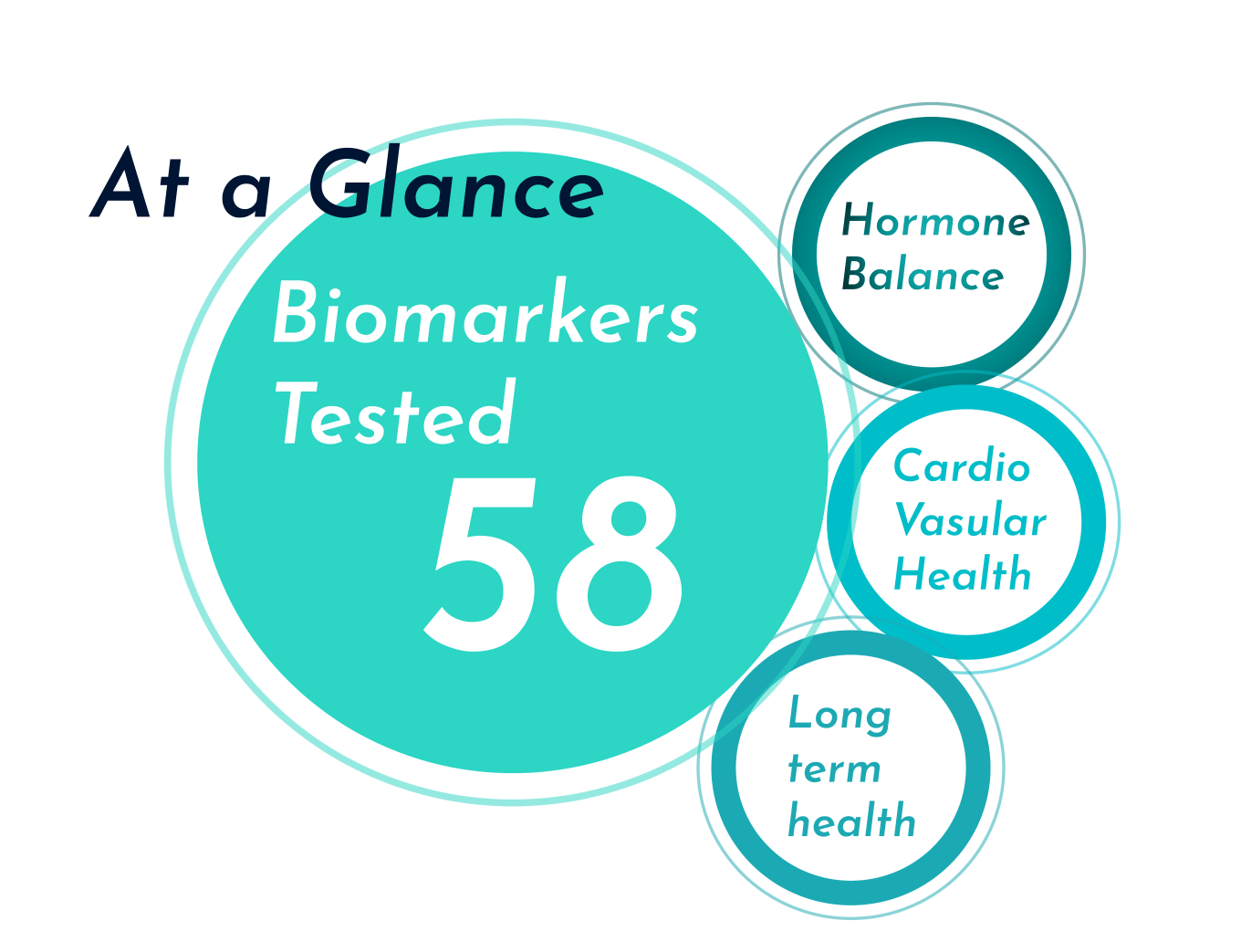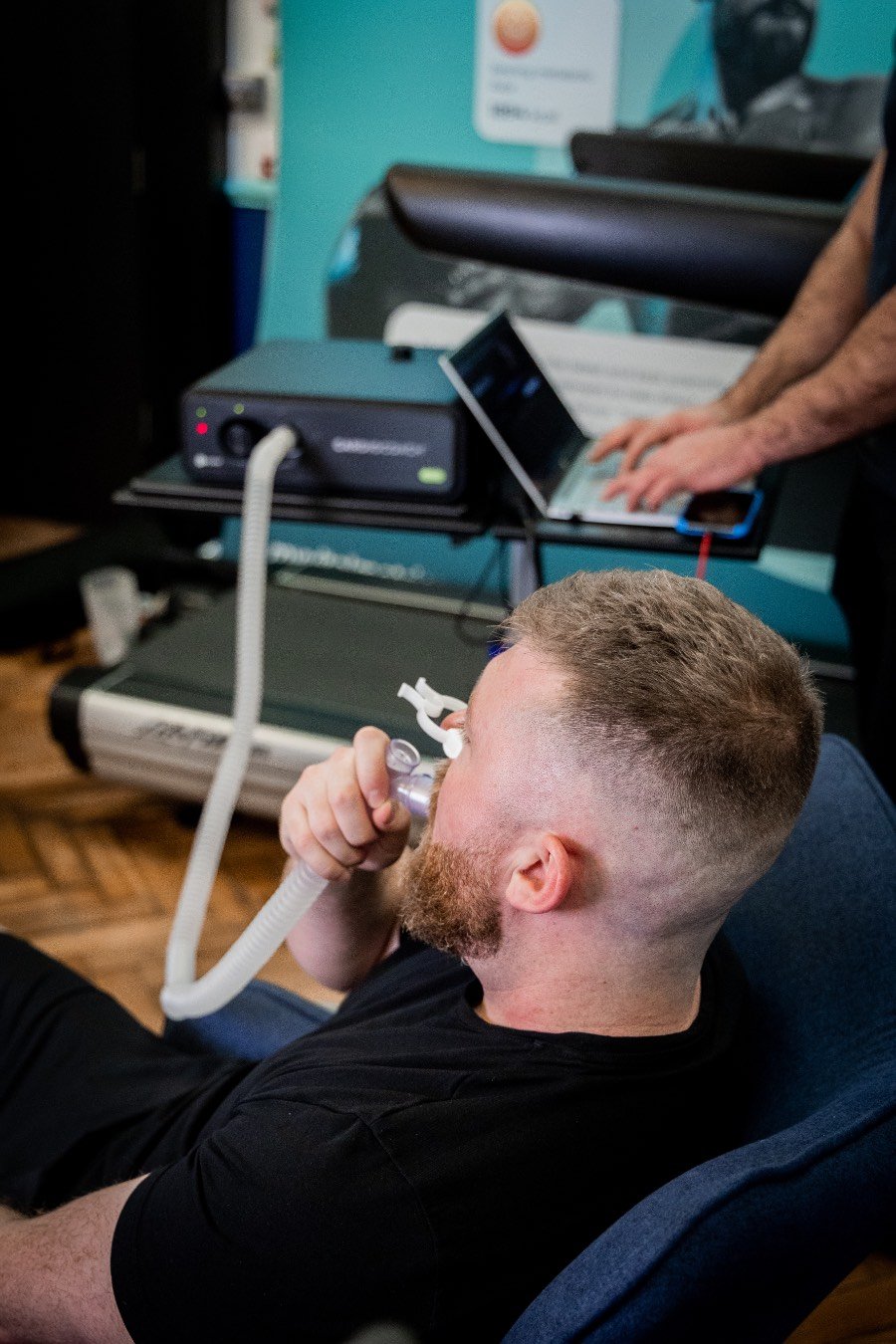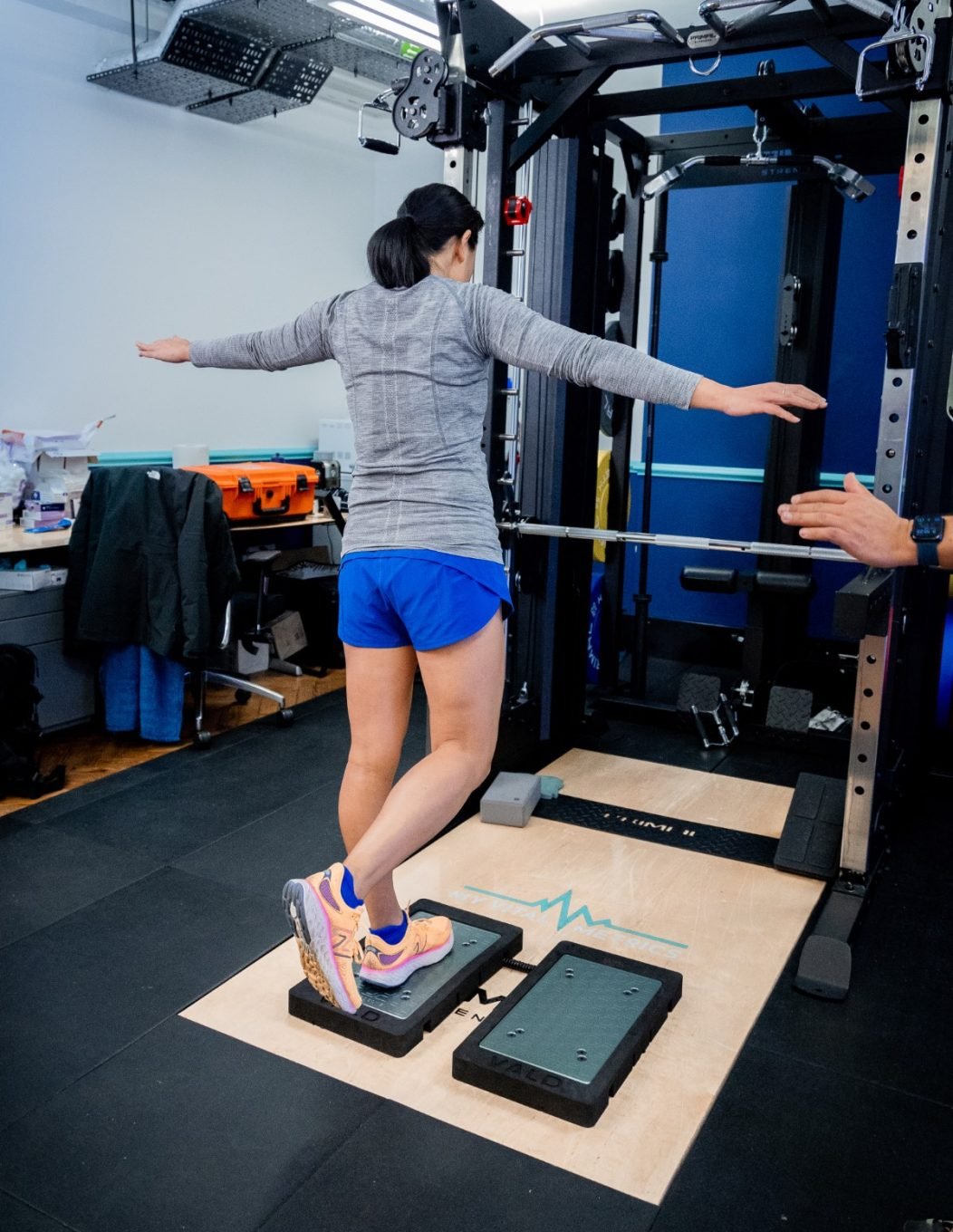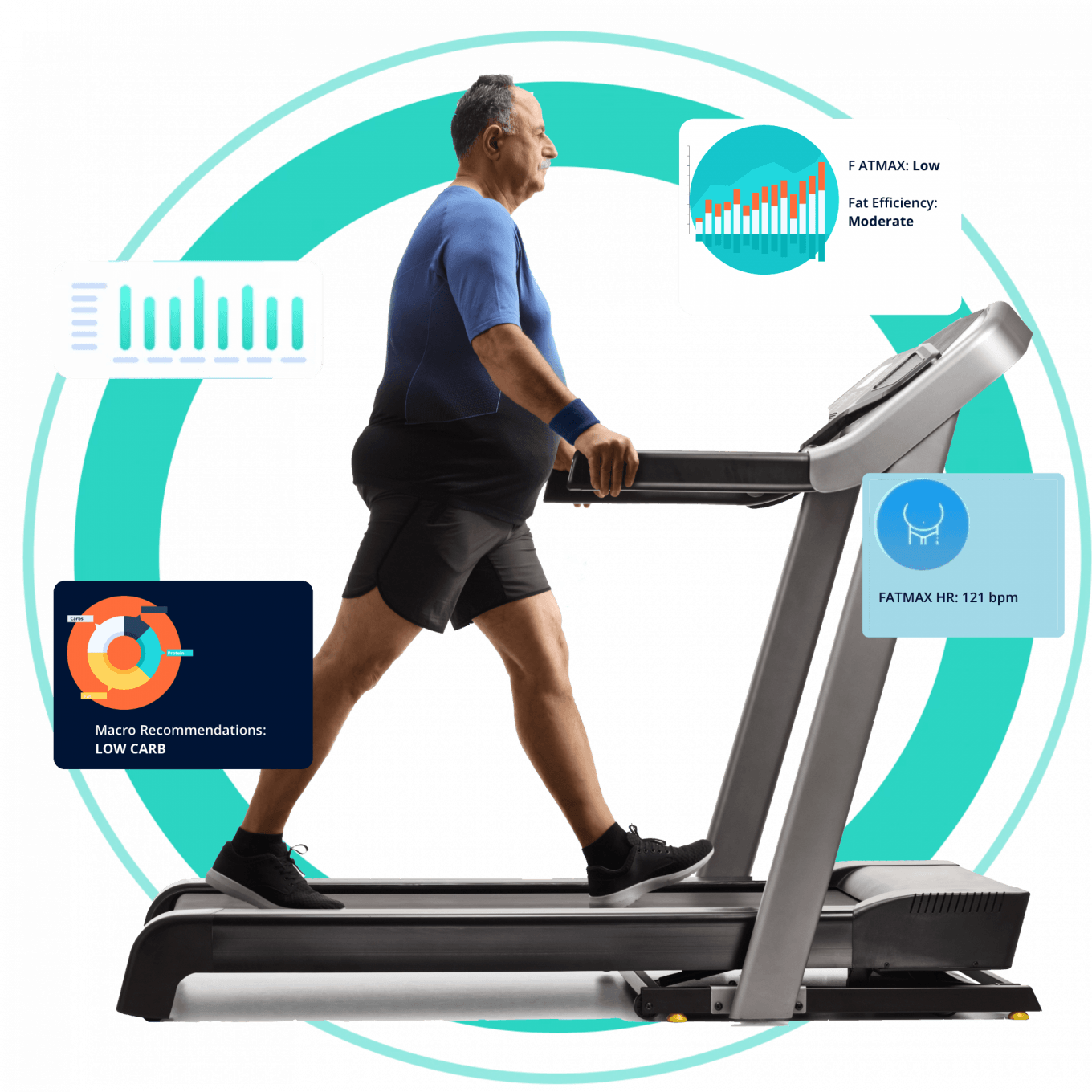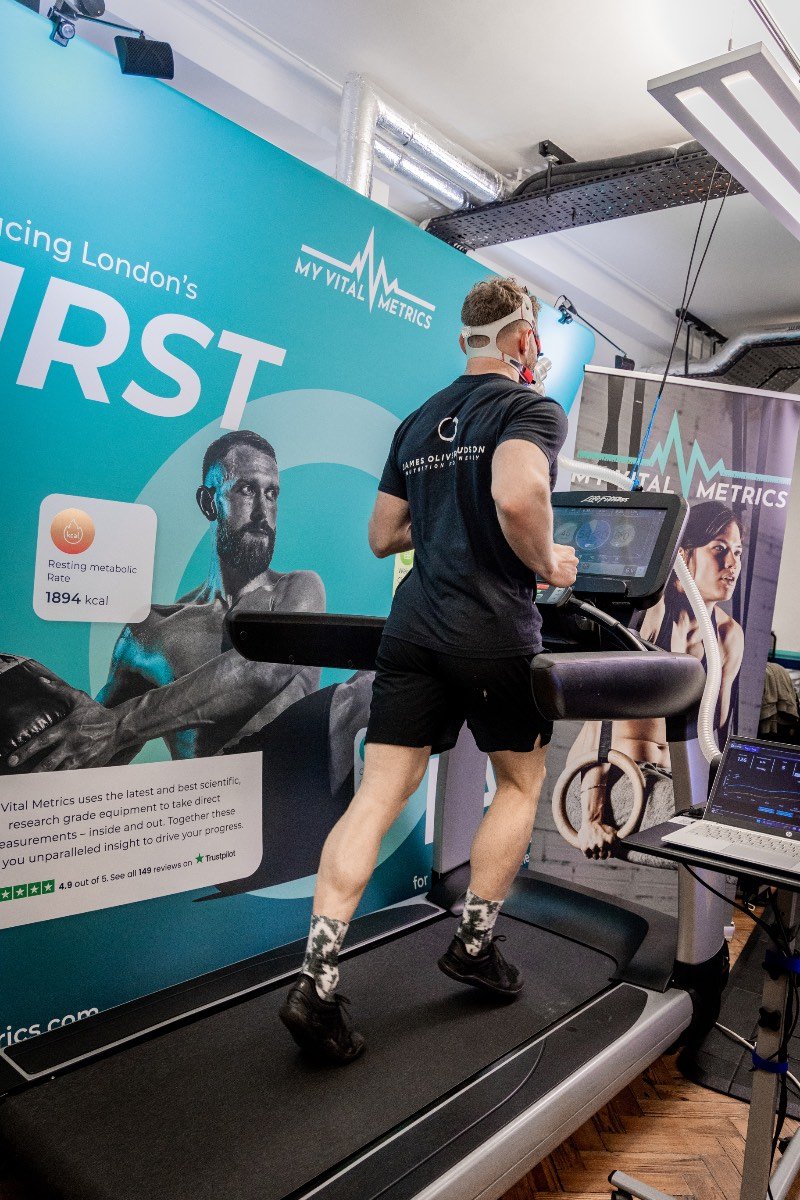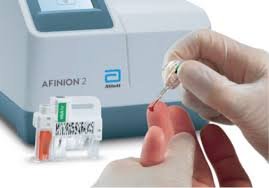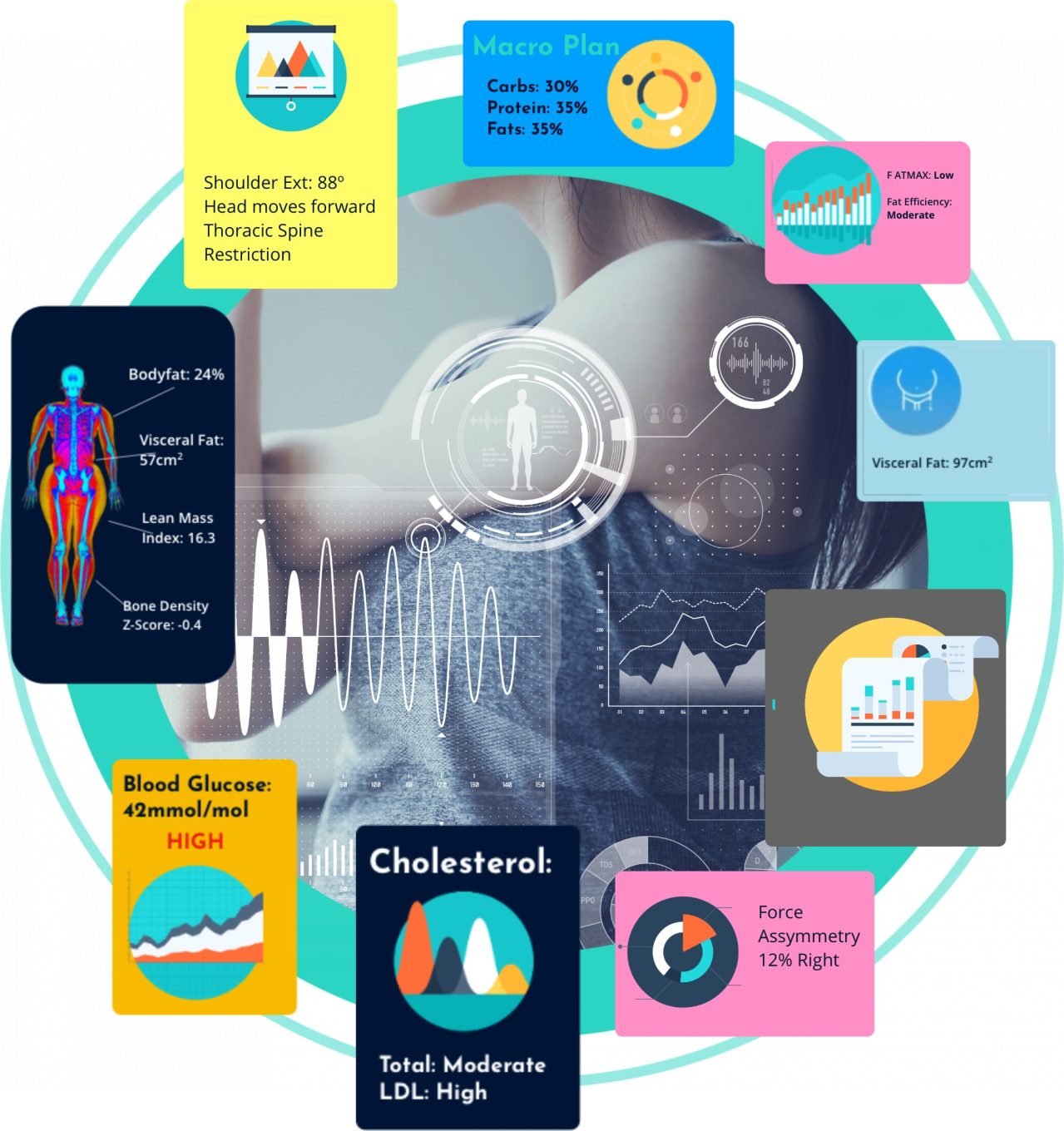Let’s take a look at the most important blood tests for longevity, what they test, and why they’re important.
Blood glucose
While we might typically associate measuring blood glucose levels with the management (or prevention) of diabetes, blood glucose levels are a useful metric for everyone.
How efficiently our body metabolises glucose is a key marker of longevity. Even slightly raised blood glucose levels – within a normal range – can impact our health over time. Blood glucose spikes are linked to cardiovascular damage and premature mortality, as well as higher body weight and BMI and increased hunger after meals.
There are a few different ways to measure blood glucose levels, including:
-
- Fasting plasma blood glucose (FPG) test: Measures blood glucose levels after 8-12 hours of fasting.
- HbA1c test: Measures blood glucose levels over the last 30 days; doesn’t require fasting.
- Oral Glucose Tolerance Test (OGTT): Measures blood glucose levels after the ingestion of a high-sugar drink to measure response to glucose.
- Continuous blood glucose monitoring: Measures blood glucose continually throughout the day – both in those with diabetes and without.
In addition to functioning as diagnostic tools for diabetes and prediabetes, blood glucose tests can be informative as a measure of overall health. These tests are excellent indicators of metabolic health and insulin sensitivity and can help predict longevity.
Our on-the-spot HbA1c blood test at My Vital Metrics is a great place to start in understanding your blood glucose levels and diabetes risk.
Lipid panel
A lipid panel is a type of blood test that measures your cholesterol. A lipid panel typically includes measures of total cholesterol, LDL cholesterol, HDL cholesterol, and triglycerides. A lipid panel test can assess whether your cholesterol falls into a “normal”, “intermediate” or “high risk” category – this information can be the starting place for making lifestyle changes to reduce your risk and increase longevity.
In addition to a lipid panel test, you might choose to get more advanced cholesterol measures, such as:
- Lipoprotein (a) (Lp(a)-P) test: Measures the amount of Lp(a) (a type of cholesterol linked to CVD) in your blood.
- Apolipoprotein A1 (ApoA1) test: Measures the amount of ApoA lipoprotein (a protein that transports HDL cholesterol) in your blood.
- Apolipoprotein B (ApoB) test: Also known as the LDL-P test, this measures the amount of ApoB lipoprotein (a protein that transports LDL cholesterol) in your blood.
- ApoA: ApoB ratio test: Measures the ratio of ApoA and ApoB lipoproteins in your blood.
High cholesterol is a risk factor for the development of cardiovascular disease, which is associated with reduced longevity. While all measures of cholesterol can prove usual, Dr Peter Attia recommends the Lp(a)-P and ApoB tests specifically when it comes to promoting longevity.
If you’re interested in assessing your risk and increasing longevity, you can assess all these biomarkers through the Optimal Health Blood Test at My Vital Metrics.
Inflammation markers
While inflammation is a natural response of the immune system to infection, chronic inflammation can become a problem.
Chronic inflammation is an ongoing low-level type of inflammation. This can be a symptom of autoimmune conditions such as rheumatoid arthritis, systemic lupus erythematosus (lupus), inflammatory bowel disease (IBD), and multiple sclerosis (ME), or a side effect of certain lifestyle choices or high levels of stress.
Chronic inflammation can be dangerous as there may not be any obvious symptoms to begin with, but – over time – high levels of inflammation can wreak havoc on our health. Inflammation has been linked to a wide range of health conditions, including cardiovascular disease, stroke, diabetes, chronic respiratory conditions, cancer, and heart disorders.
You can check on your levels of inflammation with a blood test for C-reactive protein or high-sensitivity C-reactive protein – two biomarkers of inflammation.
Hormone levels
Hormones are essential in the day-to-day functioning of the body. Certain hormones also play a role in how well we age, such as thyroid hormones (T4 (free thyroxine) and TSH) and sex hormones (such as testosterone, oestrogen, and progesterone).
In addition to impacting metabolism, thyroid health can have knock-on effects on many other areas of our health, such as our cardiovascular, reproductive, digestive, and mental health. A thyroid panel test (or blood test panel that includes this) can screen for markers of hypothyroidism or hyperthyroidism, the two most common thyroid conditions.
Complete blood count
A complete blood count (CBC) is a basic blood test that takes a look at your overall health. A complete blood count measures the amount of red blood cells, white blood cells, haemoglobin, hematocrit, and platelets in your blood.
This test can be used to quickly screen for conditions such as anaemia and blood disorders, as well as highlight signs of infection and assess how well your blood clots. There is also research to suggest that cardiovascular and metabolic disorders can be predicted based on CBC metrics.
While a full blood count won’t directly predict longevity, it’s an important blood test to have done as part of a general health check up.
Other types of longevity test
